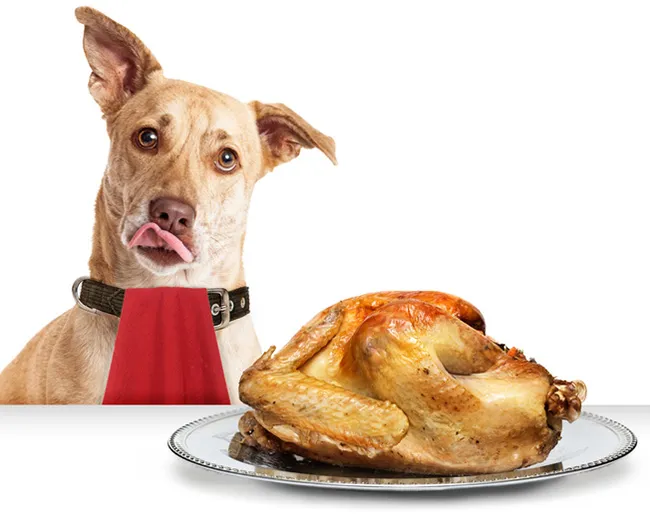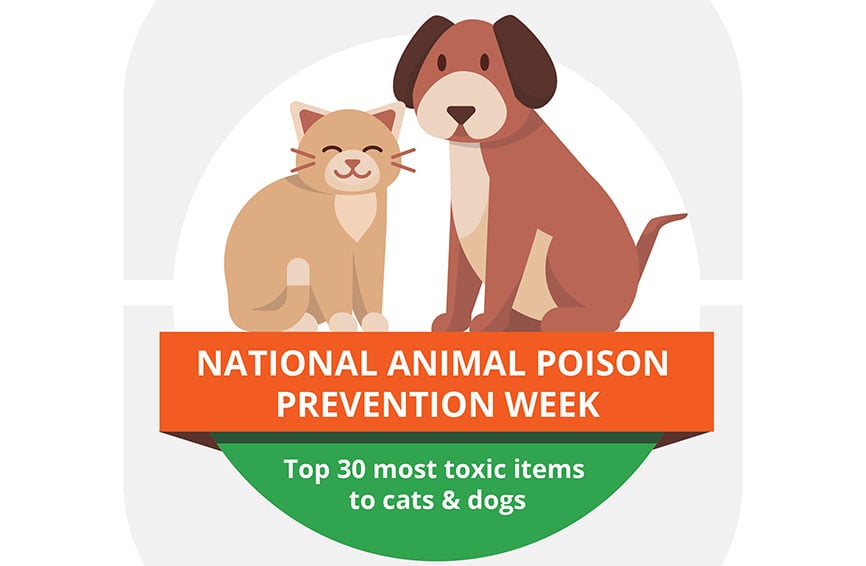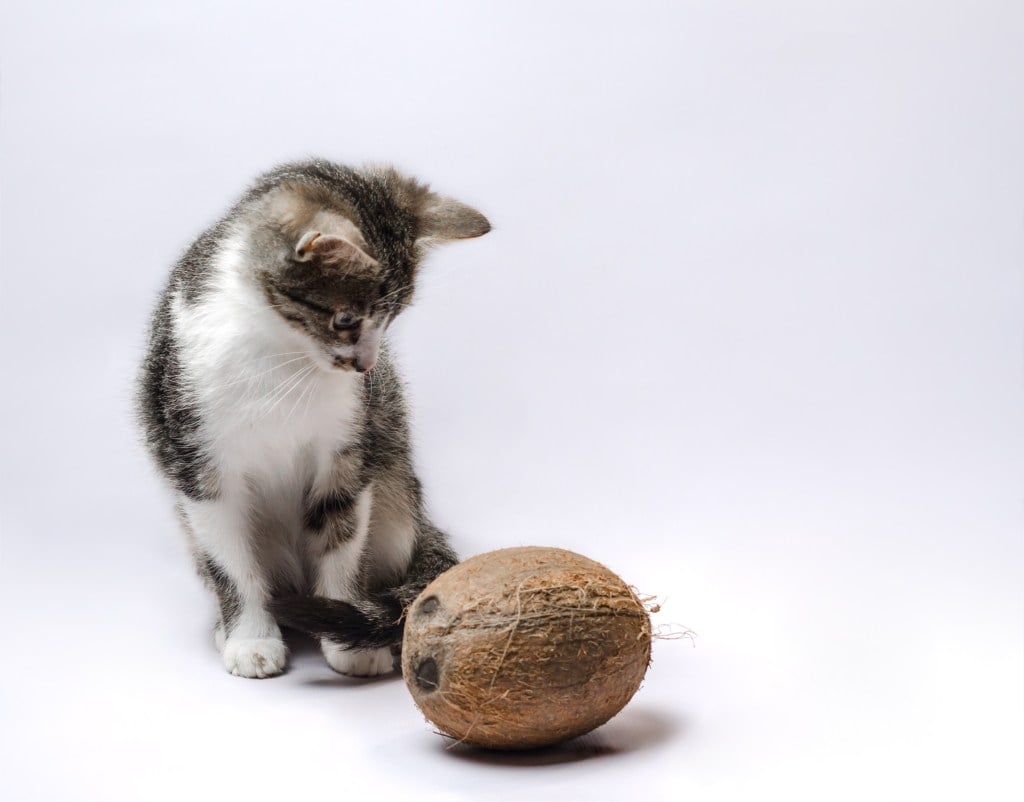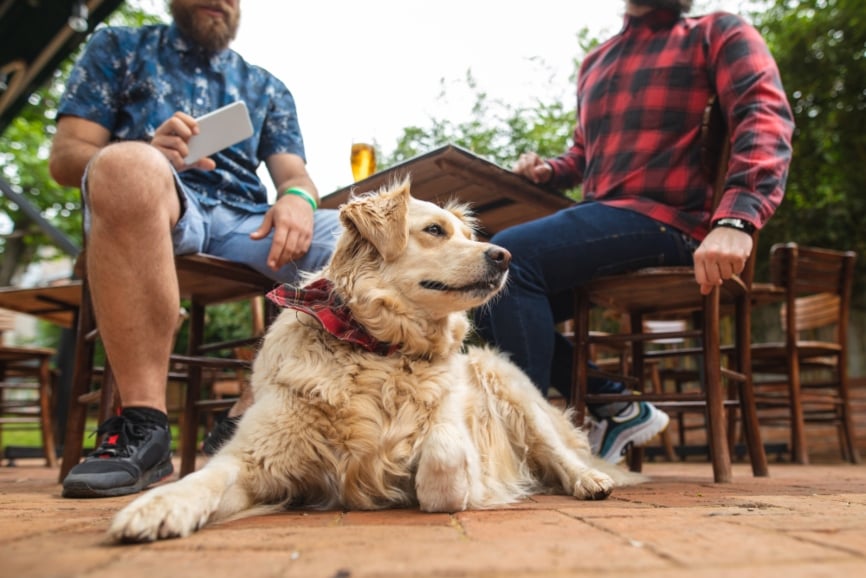Table of Contents
Quick answer: While some turkey meat is safe for dogs, turkey bones are a serious choking hazard or can cause serious gastrointestinal issues and should be kept well out of reach.
Key Takeaways
- Plain, non-fried turkey or ground turkey with no seasoning is safe for dogs.
- Turkey bones are choking hazards and should be kept away from dogs.
Turkey Meat
Yes, plain turkey (no salt, seasonings, butter, onions, or garlic) that has not been fried, is safe for your dog.
While it may have gotten a bad rap over the years due to some confusion about which part of the turkey is safe to feed to pets, turkey is perfectly safe for dogs to eat (with some exceptions). You may have even noticed that much canned food and kibble has turkey as an ingredient. When it comes to feeding the real thing to your dog, however, make sure you are giving them only the safe parts (especially since we receive more claims for stomach issues than any other incident).
So, yes, dogs can eat turkey, but there are a couple things to keep in mind when feeding it to your best buddy:
- For the healthiest choice, make sure it’s the “lean” meat – aka the white meat, with excess fat and skin removed. It’s a great source of protein and nutrients, and dogs love it.
- Avoid giving your dog rich pieces of turkey like the skin and any fatty areas like the turkey legs. Vets caution against dogs eating extremely rich, fatty foods because it can lead to pancreatitis (where the pancreas becomes inflamed and swollen), a painful condition that can be very serious; symptoms include vomiting, diarrhea, and loss of appetite.
- Human grade turkey jerky should also be avoided as it may contain garlic, onion, or spices that are harmful to pets.
- So what about ground turkey? Plain ground turkey (no spices, additives) is just like regular plain turkey. Our friends at Rover suggest using it as a topper for your dog’s regular kibble or wet food, and you can even make a turkey meatloaf that is dog-friendly (recipe via Cesar’s Way).
For dog-friendly recipes and inspiration, check out our article from Ollie, “A Healthy Thanksgiving Feast for Your Pup.”
Turkey Bones
Dogs should not be allowed to eat turkey bones at all. Poultry bones are enticing to dogs—they’re thin, a little chewy and usually still covered in meat—but are a hazard. First, any sharp point (and chicken and turkey bones always have sharp points) can cut or scratch your dog’s gastrointestinal tract—all the way from the esophagus down to the rectum—causing damage throughout the entire digestive process. A very sharp bone can even puncture your dog’s GI tract, a condition that could be fatal.
Other problems vets see with turkey bones:
- Dogs choking on a piece of turkey bone
- Turkey bones becoming lodged in a dog’s teeth or jaw
- Bones becoming stuck in the esophagus or stomach
- Bones causing intestinal blockages
If you suspect your pup has gotten into the trash or a guest has fed them a turkey bone:
- Estimate how much they’ve eaten and watch for symptoms
- Do not attempt to make your dog throw up, as sharp objects coming back up can do another round of damage
- Be ready to head off to the emergency vet if your dog begins acting strangely, he/she can’t breathe, begins vomiting or dry heaving, or acts as though he/she is in pain.
For more information on common incidents such as turkey bone ingestion, check out our Cost of Pet Care Report.
Curious about what is okay and not okay for your dog to eat? Check out our comprehensive guide on what human foods are safe and not safe for dogs.








